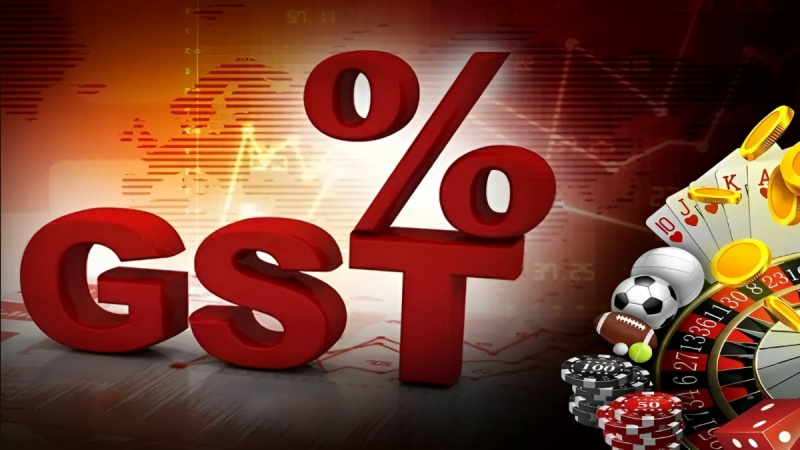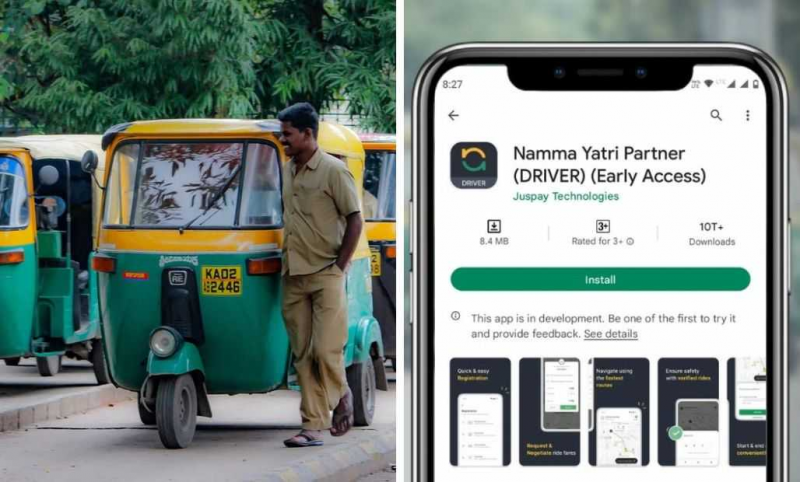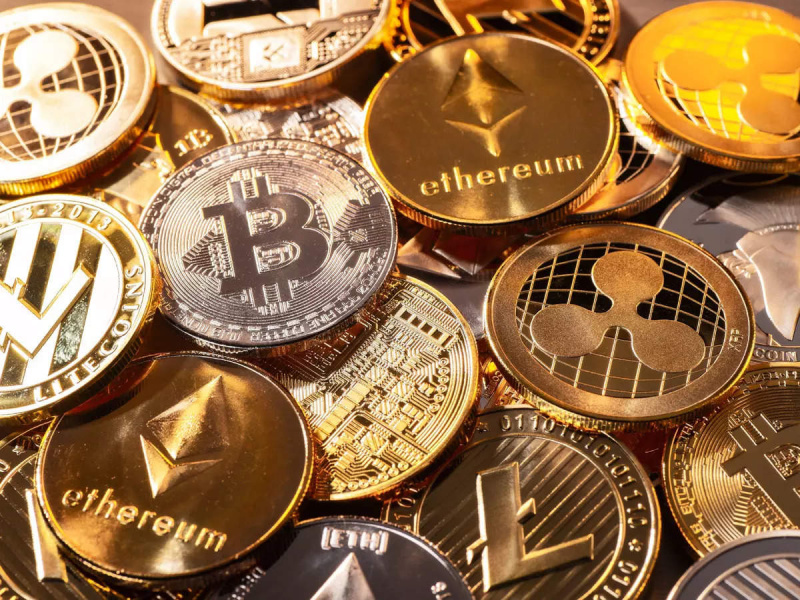India is Rethinking the Countrywide Plastic Ban
Mr. Chandra Kishore Mishra, the top bureaucrat at the ministry of environment told the press, “Currently, the government will be asking the states to enforce
- by aditi verma 2019-10-07 06:50:57
India shelves the plan on a countrywide ban on single-use plastic products. Single-use plastics are also known as disposable plastics which are commonly used for packaging purposes and include items that are intended to be used only once before they are thrown away or recycled. Some of these include grocery bags, food packaging, bottles, straws, containers, cups, and cutlery. The government has proposed a countrywide ban that had resulted in distress among the consumer firms, which use plastics in packaging for everything from sodas and biscuits to ketchup and shampoo.
But, the government has held off its plan to put a 100% complete ban on single-use plastic products fearing that such a big measure would end up being too disruptive during an economic slowdown. As per the officials, India has held off imposing a blanket ban on single-use plastics to combat pollution, a measure seen as too disruptive for the industry at a time when it is coping with an economic slowdown and job losses.
The plan included our Honourable Prime Minister Narendra Modi to outlaw six items on Wednesday, 2nd October 2019, the 150th birth anniversary of our independence leader Mahatma Gandhi, as a part of a broader campaign to rid our country of single-use plastics by the year 2022. But according to two officials, there would be no immediate move to ban plastic bags, cups, plates, small bottles, straws and certain types of sachets anytime soon but the government would try to curb the use of these plastics.
Mr. Chandra Kishore Mishra, the top bureaucrat at the ministry of environment told the press, “Currently, the government will be asking the states to enforce the existing rules against storing, manufacturing and using some single-use plastic products such as polythene bags and styrofoam.” "There is no new ban order being issued. Now, it's a question of telling people about the ill-effects of plastic, of collecting and sending for recycling so people don't litter," he added.
The Confederation of the Indian Industry, that is a lobby group, said that the move had become an existential issue for several economic sectors because alternatives were not immediately available.
It said that the small-sized plastic bottles used for pharmaceutical or health products should be exempted as there is no alternative available. Sachets made from so-called multi-layered packaging should also not be banned, as that could disrupt supplies of products like biscuits, salt, and milk, the confederation said in a statement.
"There was a conscious decision within the government not to hit businesses hard for now and discourage the use of plastic only voluntarily," said an officer who has been working on the policy. He declined to be identified in line with the government rules.
Plastic waste is at epidemic proportions in the world's oceans with an estimated 100 million tonnes dumped there to date, according to the United Nations researches. Scientists have found large amounts of microplastic in the intestines of deep-dwelling ocean mammals like whales, dolphins, etc. India uses about 14 million tonnes of plastic annually, lacks an organized system for the management of plastic waste, which has directly been leading to widespread littering.
Mr. Chitra Mukherjee, the head of advocacy and policy at Delhi-based Chintan Environmental Research and Action Group, said in a statement, "The toxins, poisons and persistent pollutants present in some of these plastic products leaches and enter human bodies where they cause several diseases, including cancer.”
Also read:- PMC Bank Scam | Arrest of the Former MD Joy Thomas
POPULAR POSTS
Top 5 best credit cards in India that offer access to airport lounges
by B2B Desk, 2024-04-23 11:14:13
Hong Kong and Singapore ban MDH and Everest spices over cancer concerns
by B2B Desk, 2024-04-23 08:46:04
Zomato raises platform fee to Rs 5 and pauses intercity delivery operations
by B2B Desk, 2024-04-22 09:43:38
Top 5 Government Business Loan Schemes in India
by B2B Desk, 2024-04-19 11:23:17
Nestle's potential regulatory trouble in India over sugar issue; brand clarifies
by B2B Desk, 2024-04-19 08:53:55
Ibotta, supported by Walmart, aims for a valuation of up to $2.7 billion in its upcoming US IPO
by B2B Desk, 2024-04-18 08:52:37
Zomato introduces 'large order fleet' for group orders
by B2B Desk, 2024-04-17 09:41:58
RECENTLY PUBLISHED

Apple has finalized the acquisition of a French startup focused on AI compression and computer vision technology
- by B2B Desk, 2024-04-24 10:24:11

Government Official warns of a fivefold increase in GST from online gaming, suggesting relief is improbable
- by B2B Desk, 2024-04-24 09:34:52






 Subscribe now
Subscribe now 